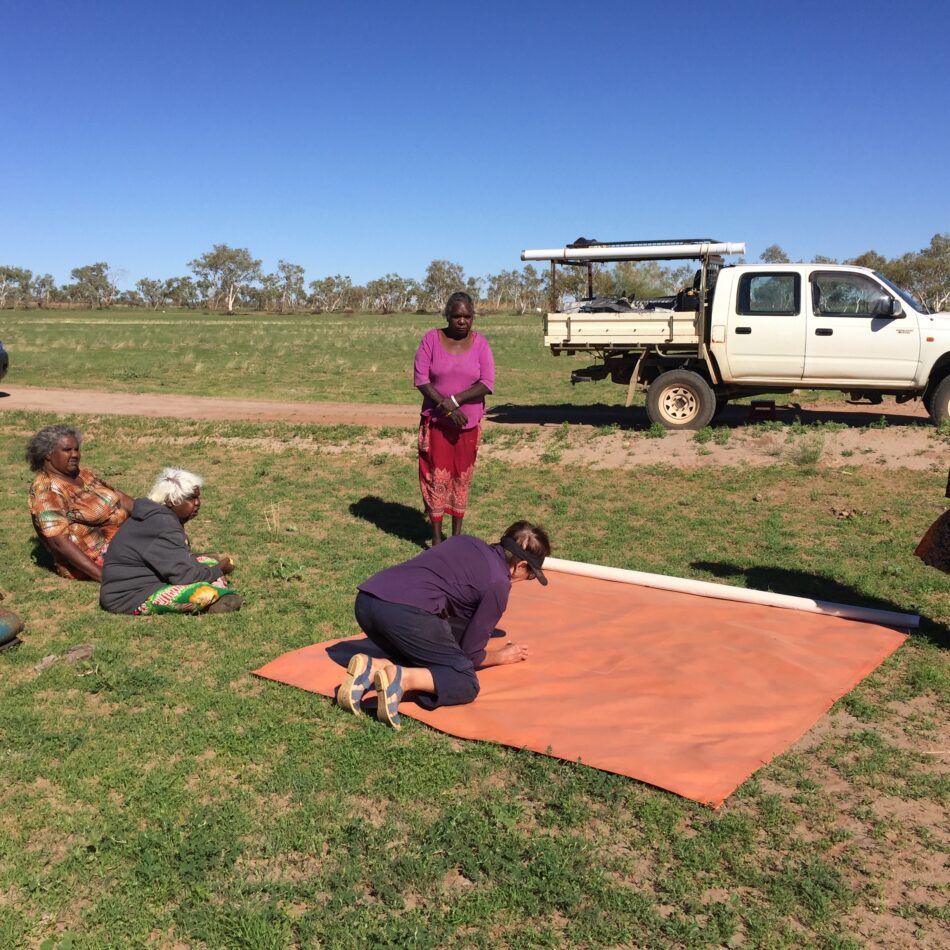A new Cooperative Research Centre for Developing Northern Australia (CRCNA) project hopes a new unique training tool will help drive support for new Aboriginal -based led developments across the Northern Territory.
Centrefarm Aboriginal Horticulture Ltd is heading up the $490,000 Co-mapping on Country; Train the Trainer for sustainable development collaboration between the Northern Australian Indigenous Land and Sea Management Alliance (NAILSMA), the Northern Land Council and Charles Darwin University.
Vincent Lange from Centrefarm says the team will spend the next 15 months training local artists and intercultural communicators to develop two-way maps which will help navigate on Country discussions around local development opportunities.
Two-way maps Co-mapping captures the interaction between the physical and cultural aspects of the land as well as the interaction between Traditional Owners and future partners in land development.
“Maps have proven to be an effective engagement tool for Aboriginal people as they help community decisions-makers visualise and contextualise what opportunities exist and how and where the best place for economic development are.
“Our project will deliver tailored maps for people to come and sit around and discuss what sort of development they want to see and how that development will impact on their land and cultural practices,” he said.
Mr Lange said in addition to recording various exclusion zonestopography, flora and fauna, infrastructure, and water sources, cultural sites will also be important.
“Often in the development process we find women’s and men’s cultural sites are indigenous knowledge and connections are overlooked or not detailed in any way which speaks to their significance within a community and therefore they are not considered during development processes.”
The project team have started work developing a training manual for facilitators who will run the co-mapping workshops in Mataranka, Wadeye and Alekarenge.
CRCNA CEO Jed Matz said the project’s train the trainer focus would develop a pool of skilled people with the expertise to help the Aboriginal Land and Sea Economic Development Agency (ALSEDA) meet its goals for economic development.
“The co-mapping approach means community Elders have a greater stake in the planning, approval and development process while ensuring critical cultural and ecological assets are retained.
“These maps will be used throughout the Aboriginal estate for Traditional Owners to lead commercial economic development discussion and activities,” he said.
The finished canvas maps will be used to identify areas best suited for development, using the local languages and English and will be digitised once consultations have wrapped up. The digital versions of these maps will have the ability to include Western scientific data to support and complement the local knowledge gained on the ground.


